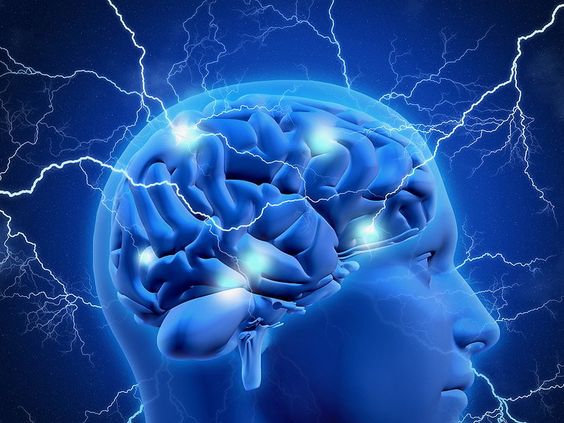Introduction
A seizure is a sudden, uncontrolled electrical disturbance in the brain. It can cause a wide range of symptoms, from mild twitching to violent convulsions. Seizures can happen to anyone, at any age.

There are many different types of seizures, and they can be caused by a variety of factors, including head injuries, stroke, brain tumors, and infections. In some cases, the cause of seizures is unknown.
What Happens During a Seizure?
During a seizure, the brain's electrical activity becomes abnormal. This can cause a variety of symptoms, depending on which part of the brain is affected. Some common symptoms of seizures include:
- Convulsions: Uncontrollable shaking or jerking movements of the body
- Staring spells: Periods of unresponsiveness
- Loss of consciousness: A complete loss of awareness
- Changes in behavior: Confusion, agitation, or aggression
- Changes in sensation: Numbness, tingling, or visual disturbances
Types of Seizures
There are two main types of seizures:
- Focal seizures: These seizures start in one part of the brain and may or may not spread to other parts of the brain.
- Generalized seizures: These seizures involve the entire brain.
Causes of Seizures
There are many possible causes of seizures, including:
- Head injuries
- Stroke
- Brain tumors
- Infections
- Genetic disorders
- Metabolic disorders
- Drug or alcohol withdrawal
In some cases, the cause of seizures is unknown.
When to See a Doctor
If you or someone you know experiences a seizure, it is important to seek medical attention immediately. Seizures can be a sign of a serious medical condition, and prompt treatment is essential.





